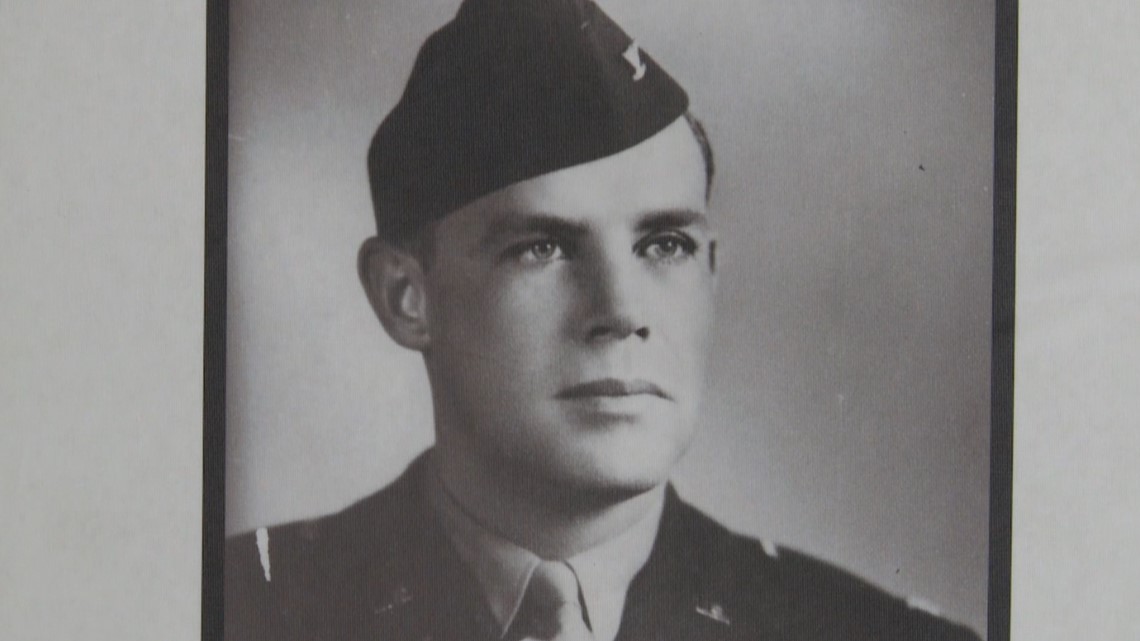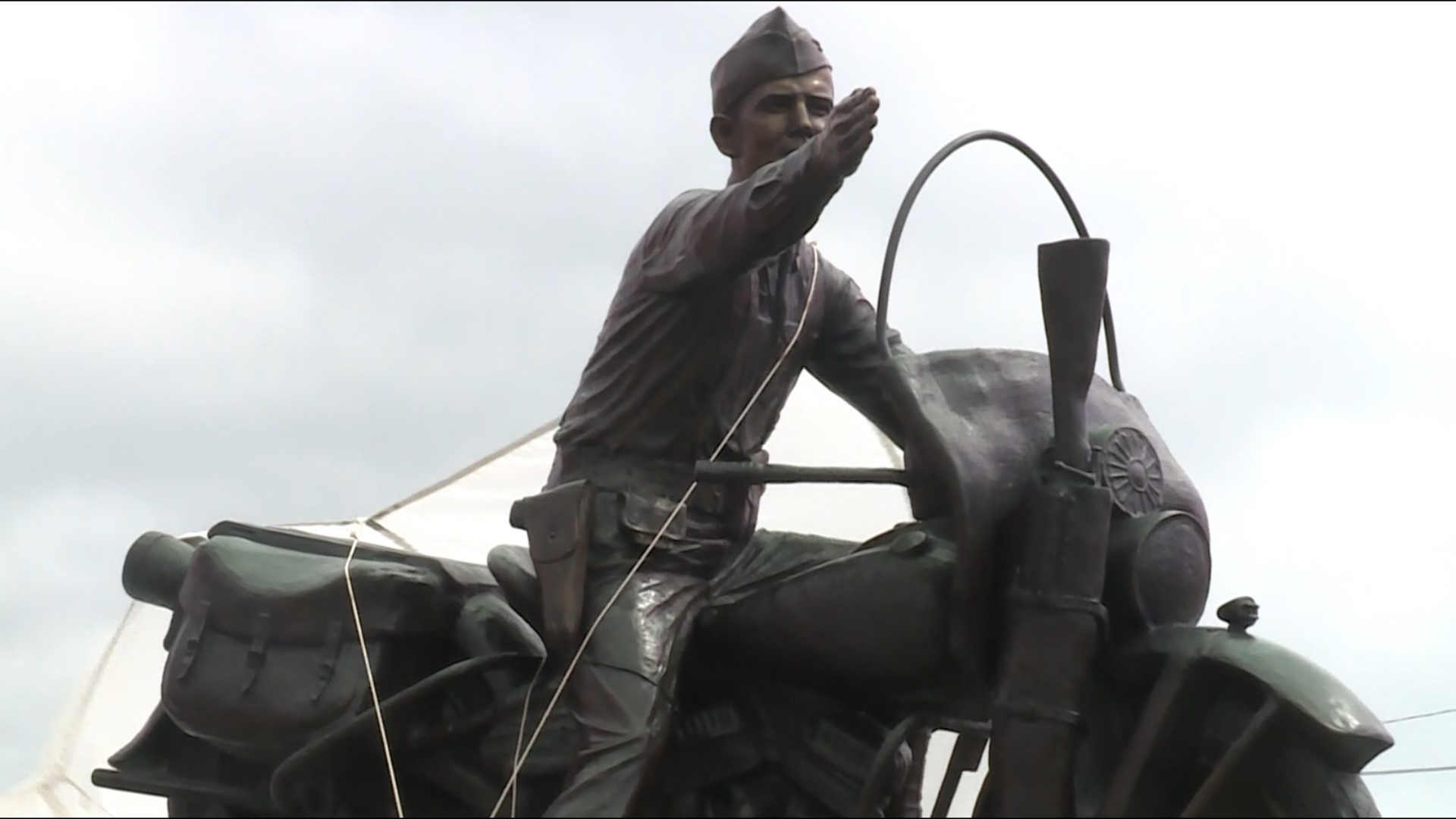FORT SMITH, Ark. — This Memorial Day, we remember the fallen heroes that served our country and granted us freedom. These heroes are remembered in many ways and some even have their own statues.
Amongst the many statues in Fort Smith, one name stands out, being regarded as the founder of the modern Army Rangers. General William Orlando Darby was a Fort Smith native who changed and saved many lives.
William O. Darby was the son of Percy Darby who was a printer and pit orchestra director.
"His father directed the pit orchestra, and he was a printer in town. So he had a very normal I think, upbringing for the time growing up in Fort Smith," Caroline Speir said.
Speir is the executive director of the Fort Smith Museum of History. The museum holds a memorial room named the Darby Room. The exhibit is a collection of many of the artifacts of General William O. Darby.


"You do read some childhood stories of Darby, leading a group of boys through some of the tunnels in Fort Smith, that he wasn't really supposed to be in, but he had talked into participating," Speir said.
After graduating from Fort Smith High School, now known as Northside High School, the Arkansas native went to U.S. Military Academy West Point. Speir explained that Darby was like a typical soldier as he rose through the ranks. He graduated only a few years before World War II, and went on to bigger roles, cementing himself in history.
"Our Army wanted a division of special ops, a unit that was modeled after the British Commandos and so Darby was picked to do just that," the museum executive director explained.
William O. Darby is regarded as the founder of modern-day Army Rangers. Speir explained that many previous special ops units would disband shortly after their needed time, yet Darby's rangers would set precedents for future groups. Darby's rangers trained in Scotland with their British counterparts and would enter World War II in North Africa and Europe. Speir explained they would provide, "support and lead sometimes in liberating various cities in Italy from German occupation."
After his efforts in Cisterna, Italy, Darby was sent back home where he was welcomed as a hero. Speir explained that he didn't feel like a hero after the losses he experienced in Cisterna. Speir said he would decide to return to Europe, where he would serve his country one last time. Unfortunately, a German shell exploded right next to Darby, and shrapnel would take his life at 34 years old.
"That's one of the things that has lasted even 70 plus years now after his death, is the loyalty and dedication to his memory and his legacy and his reputation," Speir explained.
The soldier that led many and continued to serve his country to the end, William O. Darby is not just recognized by his country, but also by the ones he saved.
"A visit to those towns where it is so much more personal is quite moving and quite impressive," Speir said of visiting Fort Smith's sister cities. "Italian citizens that are upholding the legacy and the memory of an American soldier."
For local inspiration, Speir explained, "You have a small-town kid who had a lot of thoughts and was driven towards making that happen. That's universal. Everybody can relate to that."
Cisterna and Tarbole, Italy have partnered with Fort Smith as sister cities, connected through William O. Darby. Next year, will be the 40th anniversary of our twinning with Cisterna, which will be recognized in a visit from both sister cities.
Italy is host to the Col. Darby 40-Mile Ranger Challenge on Lake Garda. The event is held every year close to the day Darby died, April 30, 1945. It also ends in the village where Darby was killed. Speir said that the Fort Smith Museum is planning to do a race like the Ranger Challenge in Fort Smith to join the tradition.
Watch 5NEWS on YouTube.
Download the 5NEWS app on your smartphone:
Stream 5NEWS 24/7 on the 5+ app: How to watch the 5+ app on your streaming device
To report a typo or grammatical error, please email KFSMDigitalTeam@tegna.com and detail which story you're referring to.

